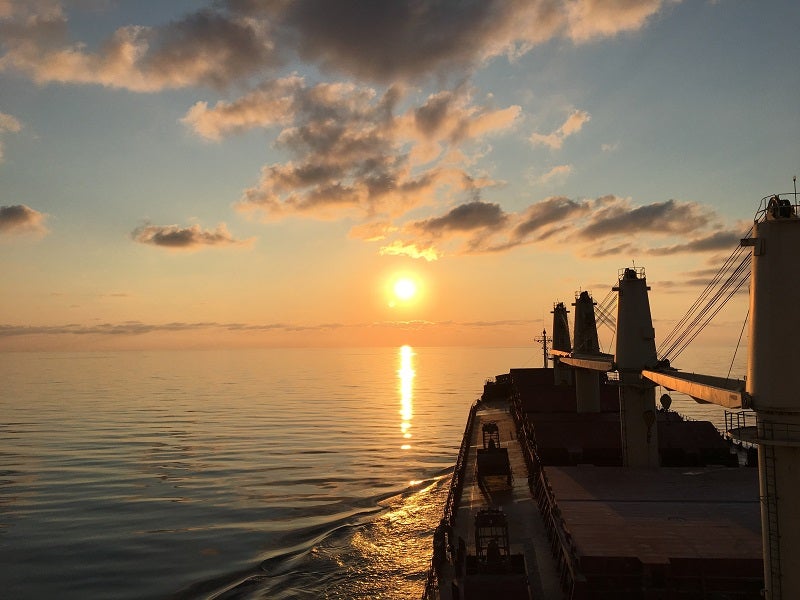
Greece-based shipowner Avin International has taken delivery of the world’s first ammonia-fuel ready vessel, Kriti Future.
This suezmax tanker has been classed by American Bureau of Shipping (ABS) and will operate under the Greek Flag.
China-based New Times Shipbuilding (NTS) was responsible for the construction of the 274m-long ship.
At present, Kriti Future is ‘conventionally fuelled’, but benefits from compliance with the ABS Ammonia Ready Level 1 requirements.
This means that the vessel has been developed to operate on ammonia in the future, following conversion.
Ammonia Fuel Ready Level 1 shows that the ship meets the requirements stated in the ABS Guide for Gas and Other Low-Flashpoint Fuel Ready Vessels.
This guide has been developed by ABS under a suite of industry guidance on alternative fuels, including support for the development of ammonia as a marine fuel.
Additionally, the vessel has been designed to fulfil the ABS liquefied natural gas (LNG) Fuel Ready Level 1 norms.
ABS Greece business development manager Filippos Nikolatsopoulos said: “This vessel represents a milestone in the development of the maritime industry and a step forward in the readiness to utilise alternative marine fuels.
“ABS’ alternative fuel ready suite of guidance and qualification programmes is designed to give owners the flexibility they need and help prepare for a future in which alternative fuels, such as ammonia, take a bigger role.”
Last month, ABS, SDTR Marine and Shanghai Merchant Ship Design & Research Institute (SDARI) came together to design a methanol-fuelled bulk carrier design.



